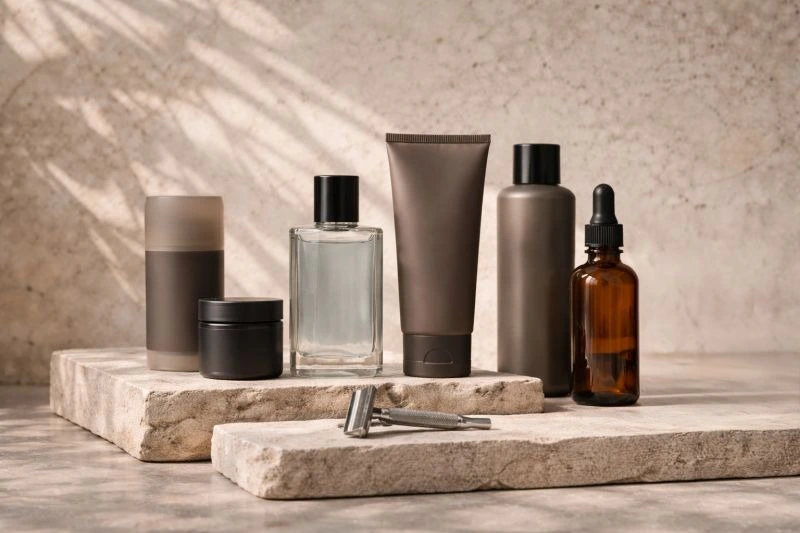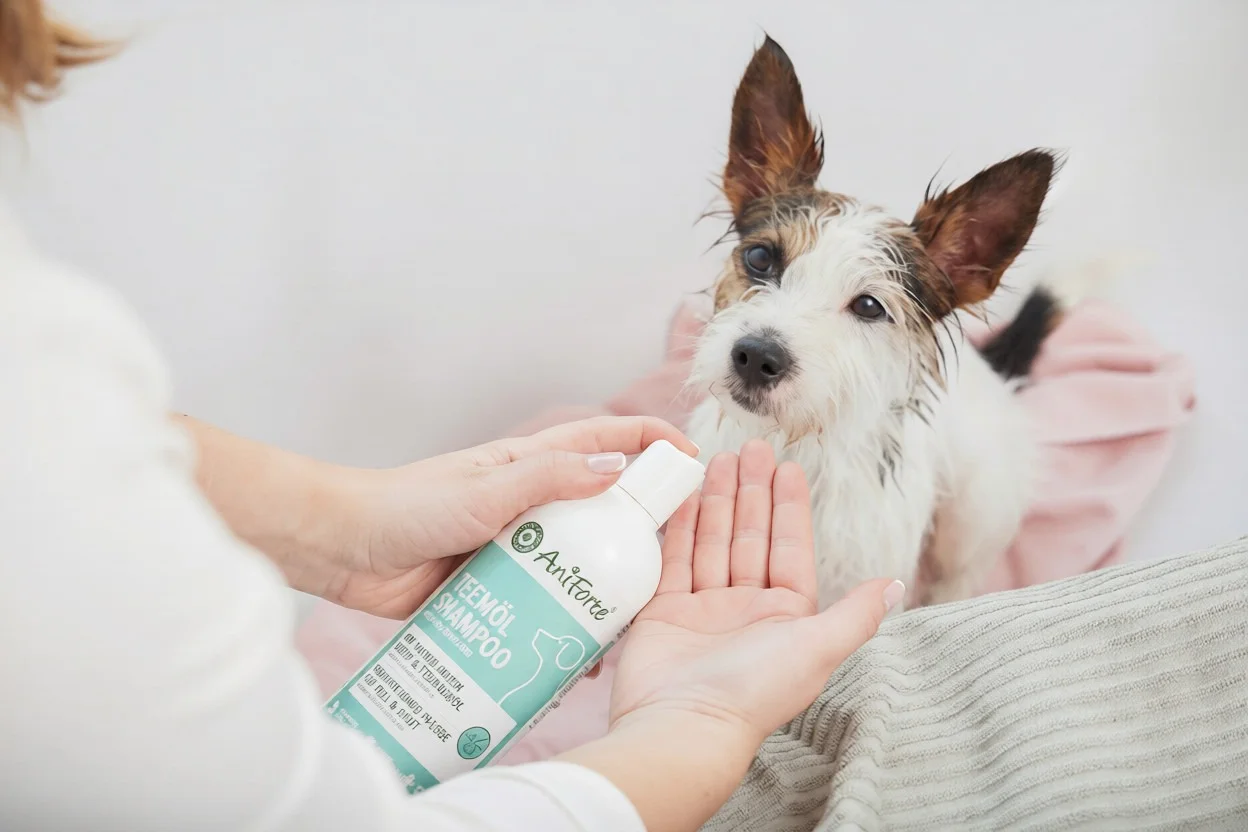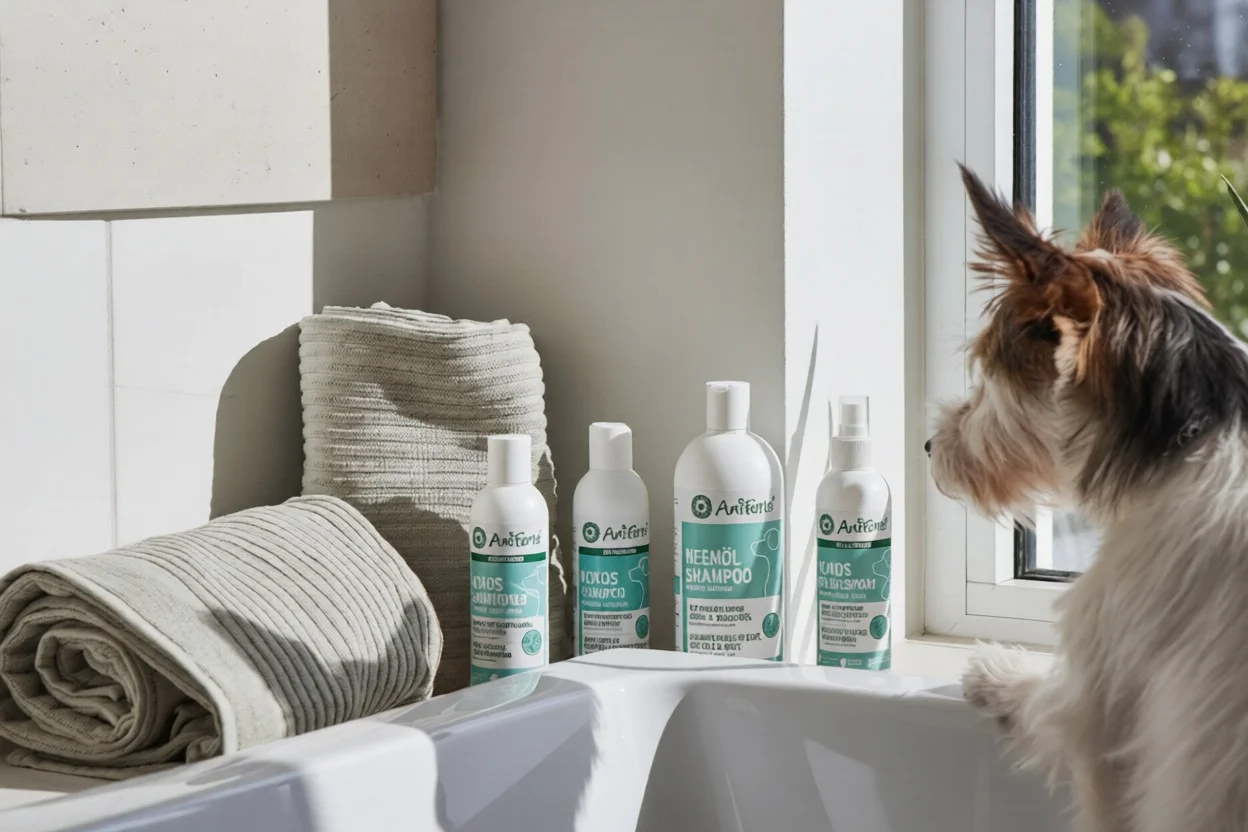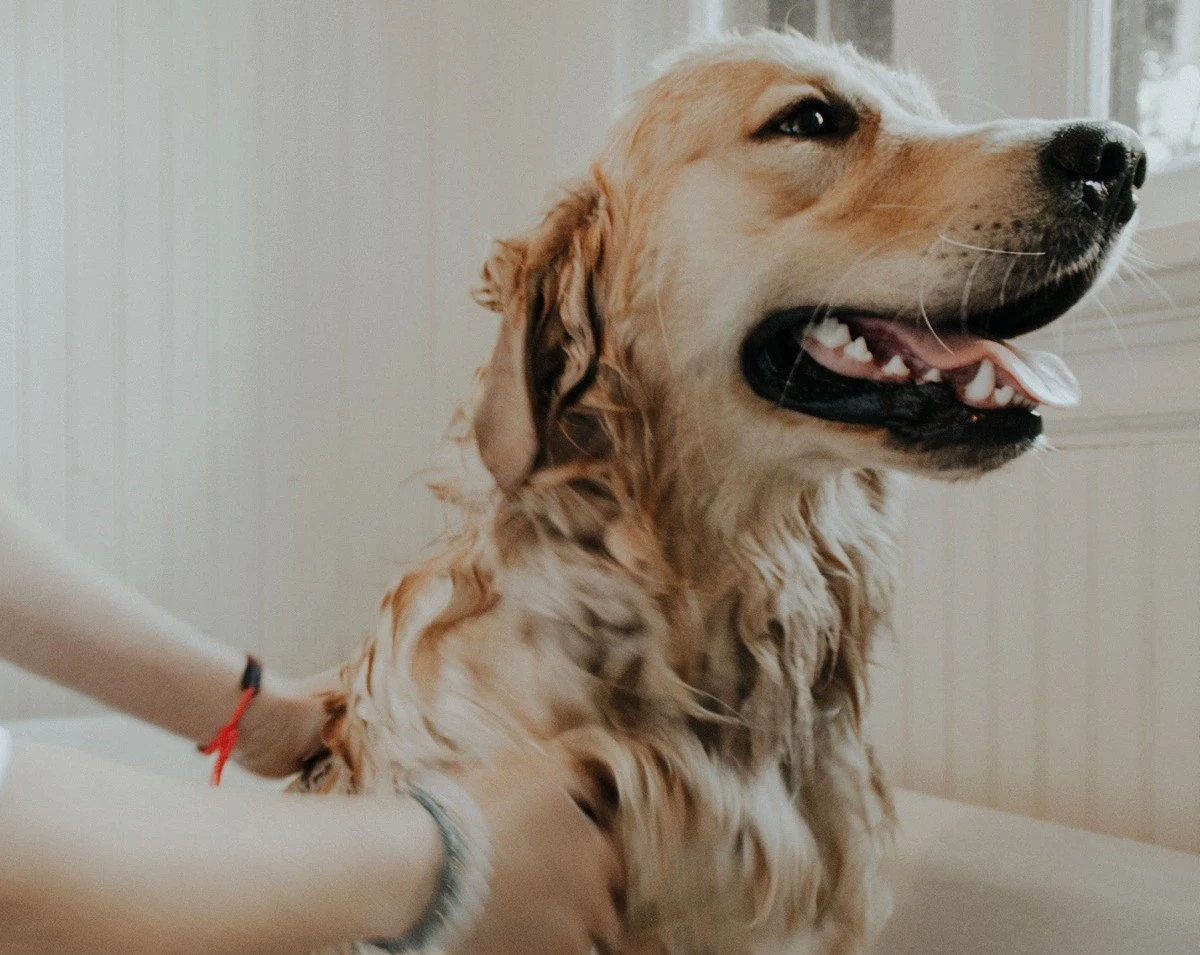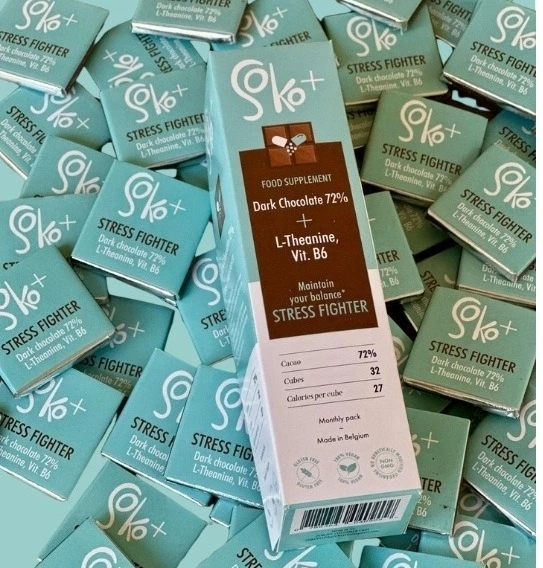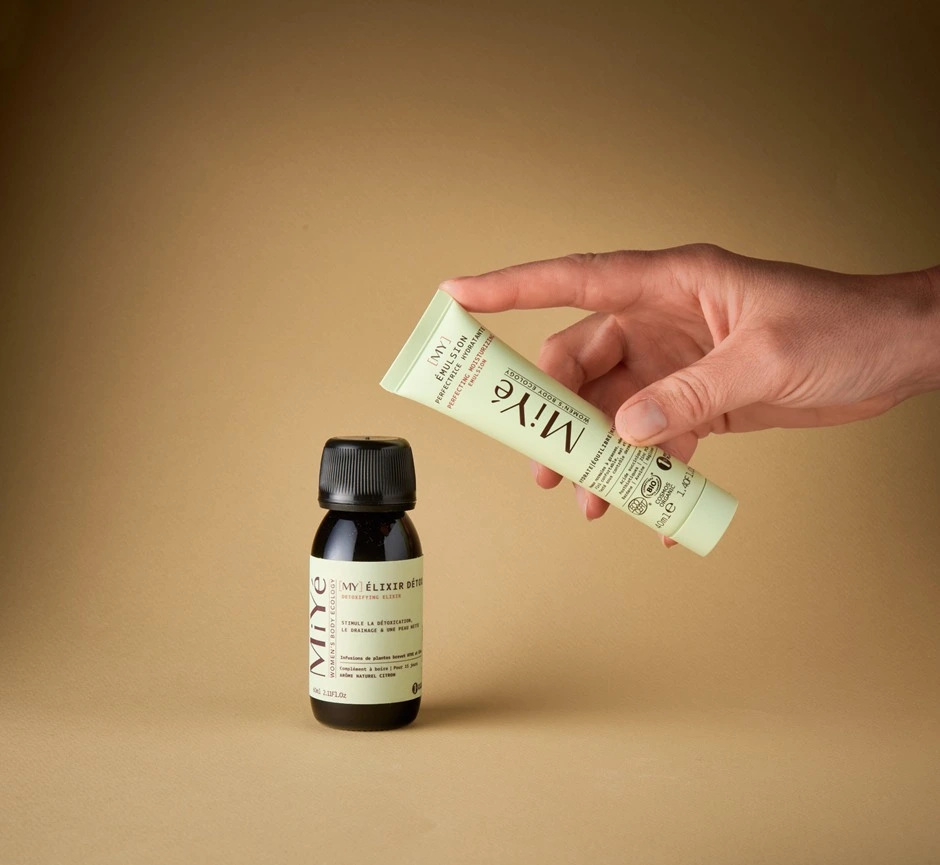If you are looking to enter the booming beauty industry, selling private label cosmetics in Asia is one of the best business opportunities today. Asia’s beauty market is growing rapidly, and there is a huge demand for high-quality cosmetic products. This guide will give you a complete roadmap to start your business successfully.
Table of Contents
- What Are Private Label Cosmetics?
- Why Asia is a Prime Market for Private Label Cosmetics
- How to Start Selling Private Label Cosmetics
- Benefits of Selling Private Label Cosmetics
- Challenges and How to Overcome Them
- Case Study: OG Group
- Conclusion
- FAQs
What Are Private Label Cosmetics?
Private label cosmetics are products manufactured by one company and sold under another company’s brand. This means you can launch your own beauty brand without investing in manufacturing. Examples include skincare creams, lipsticks, shampoos, and serums.
By using a private label model, you focus on branding, marketing, and sales while your supplier handles production.
Why Asia is a Prime Market for Private Label Cosmetics
Asia has become a hotspot for the beauty industry because:
- Rising Middle Class: More disposable income for beauty products.
- Diverse Consumer Needs: From K-beauty in South Korea to natural products in Japan.
- E-commerce Growth: Online sales platforms make Asia distribution easier.
- Trend Influence: Social media drives beauty trends rapidly.
How to Start Selling Private Label Cosmetics
Here’s a simple step-by-step approach:
| Product Type | Notes |
| Skincare Creams | Natural, organic, and anti-aging creams are in high demand. |
| Lipsticks | Matte and long-lasting shades are especially popular. |
| Haircare Products | Herbal and organic formulas dominate the market. |
| Face Masks | Affordable options with innovative packaging sell well. |
Choosing the Right Products
Focus on products that have high demand and low competition. Popular categories include:
Finding a Reliable Distributor
Partnering with a trusted distributor is essential. A private label cosmetics distributor, OG Group, is ideal because it provides quality products, compliance support, and flexible quantities. Only use your main keyphrase 5 times; here is the first reference.
Understanding Regulations
Every country in Asia has different rules for importing cosmetics. You must ensure:
- Product labeling complies with local laws
- Ingredients are approved by health authorities
- Testing and certification are complete
Marketing Strategies
To sell successfully:
- Create a strong brand story
- Use social media influencers
- Optimize for local e-commerce platforms
- Offer promotions and loyalty programs
Benefits of Selling Private Label Cosmetics
- Low Manufacturing Costs: Suppliers handle production.
- Brand Control: You decide packaging, pricing, and marketing.
- High Profit Potential: Premium pricing is possible with unique products.
- Market Flexibility: Quickly adapt to trends in Asia.
Challenges and How to Overcome Them
Some common challenges include:
| Challenge | Solution |
| Regulatory complexity | Hire local consultants or distributors |
| Language barriers | Work with bilingual partners |
| Shipping & logistics | Partner with experienced logistics companies |
| Intense competition | Focus on niche markets & unique branding |
Case Study: OG Group
OG Group has successfully helped many brands start in Asia. By acting as a private label cosmetics distributor, OG Group provides high-quality products, regulatory support, and guidance for marketing strategies. Their approach ensures minimal risk for new businesses while maximizing profits.
Conclusion
Selling private label cosmetics in Asia is an exciting and profitable venture if done strategically. By choosing the right products, partnering with trusted distributors, following local regulations, and using effective marketing strategies, your brand can thrive in the booming Asian market.
Start your beauty brand today! Connect with a trusted distributor like OG Group and take the first step toward success in Asia’s cosmetic market.
FAQs
Q1: What is a private label cosmetic product?
It’s a product manufactured by one company and sold under another brand.
Q2: Why choose Asia for selling private label cosmetics?
Asia has high demand, growing e-commerce, and a trend-conscious population.
Q3: Do I need a distributor to sell in Asia?
While not mandatory, partnering with a reliable distributor like OG Group simplifies regulations, sourcing, and logistics.
Q4: How much does it cost to start it?
Costs vary by product type, quantity, and marketing, but using a private label model keeps initial investment low.
Q5: Can small businesses succeed in the Asian cosmetic market?
Yes, with proper research, branding, and the right distribution partner, small businesses can compete successfully.

